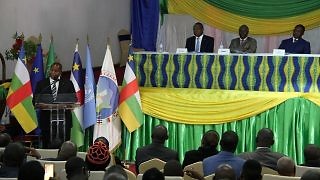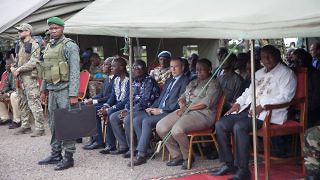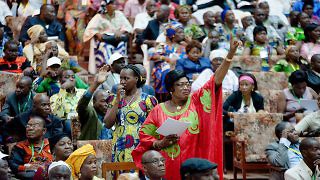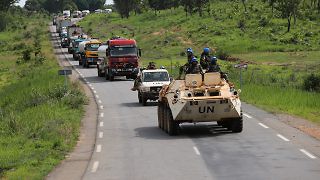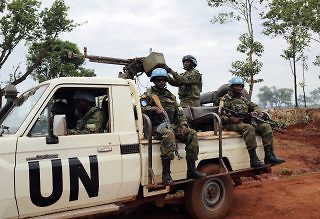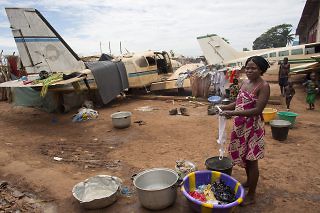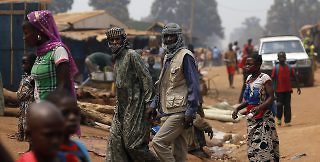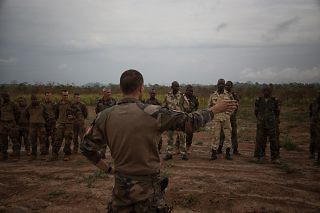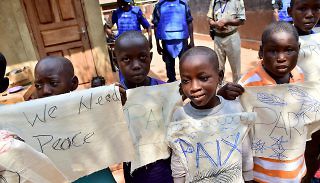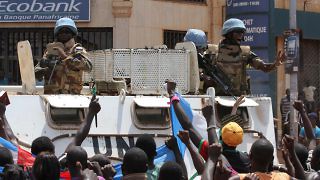The growing deterioration of relations between the state and the signatory armed groups in the lead up to the December 2020 elections points to a worrying future.
Tag: central african republic
-
-
Recent events and trends indicate that adjustments need to be made to the varying forms of support to CAR’s armed forces.
-
Member states and the UN should not wait for further reforms to improve gender expertise in conflict: necessary action can be taken now, in each mission, if the political will is forthcoming.
-
In a conflict marked by incessant violence and a lack of political will—armed groups are present in 14 of the16 country’s provinces —United Nations officers often get trapped in a vicious circle of negativity that makes it extremely difficult to apply the new UN “sustaining peace” approach and transform conflict dynamics in a constructive manner.
-
The mandate of MINUSCA will be renewed in November, and the UN is currently reviewing options for the process. Three essential points will need to be addressed to better equip the mission to face the challenges of sectarian violence in the country.
-
Louisa Lombard’s State of Rebellion explores the ambitious process of state-making amid the conflict in Central African Republic.
-
A spike in violence in recent months has seen the tone of fighting shift from the Muslim against Christian nature of the immediate post-coup period to one more strongly driven by ethnic differences and old intercommunal grudges.
-
The departure of such a robust operation still leaves a gap that is difficult to fill for the remaining security actors.
-
While an enhanced security presence is undoubtedly needed to bolster international forces and keep the militias in check, rearming CAR’s armed forces is laden with risk.
-
A new book sheds light on the factors that have contributed to the deadly and prolonged conflict in the Central African Republic.
